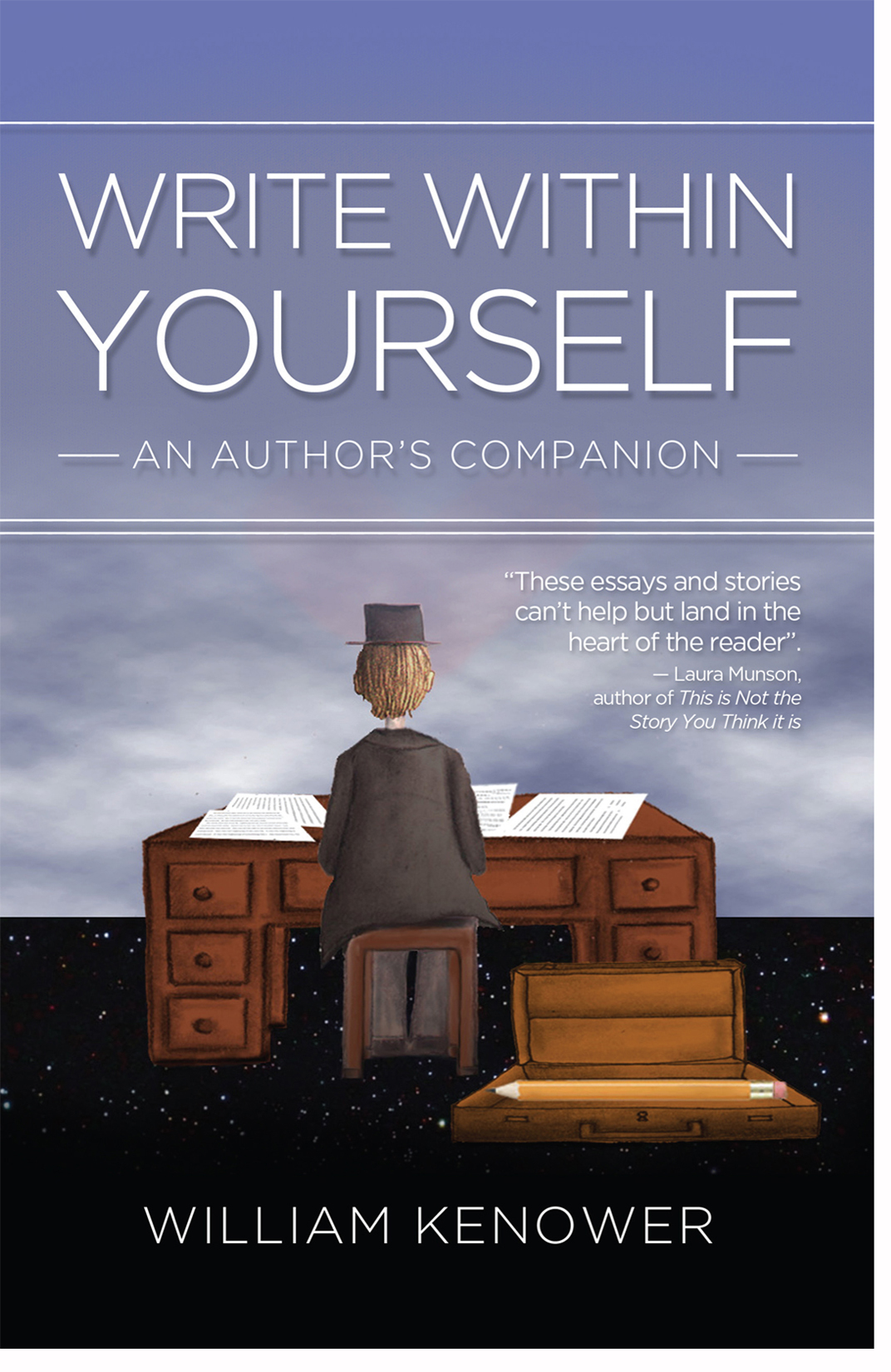Write What You Really Know
Contrast is a storyteller’s best friend. It helps us show what it is we want our readers to see. Just as a flashlight’s beam is clearly visible on a starless night, but virtually invisible on a bright sunny day, so too peace is easier to perceive when contrasted against war. So, if you are writing a love story, you will likely have your heroine feeling alone and unlovable for the majority of the story. That way, when she finally does find love, the reader will hopefully experience the same release of tension she feels when she finally believes she is worth of love. I must remember the power and simplicity of contrast whenever I find myself trying to “figure out a story.” I hate figuring out stories. Whenever I start figuring out a story, I feel as if I’m in math class and someone has handed me a 70,000-word equation for which there is only one right answer, which is known only by acquisitions editors in New York. Unlike a lot of writers I know, I was pretty good in math, and it was fun to find the right answer, but I became a writer because I wanted to make a living asking question to which only I knew the answer.
Which is why I must remember contrast. Stories, whether fiction or non-fiction, can start seeming pretty complicated when I think they’re about what happens. That means I’m trying to untangle a knot of plot points and characters and settings. But stories aren’t about what happens. Stories about what it feels like when something is happening. Your readers won’t remember ninety percent of what took place in the stories you tell. But they will remember how that story left them feeling, because that is all that matters to any of us ever. We all want to feel good. Whether we believe it’s possible or not, we still want it. We arrange all the details of our lives with the sole intention of creating a life, like a story, that leaves us feeling as good as we can feel.
I know that because I’m human. I know that, because I know I would always rather feel good than bad. I would always rather feel curious than bored; I would always rather feel happy than unhappy; inspired rather than depressed. This never, ever changes. It is the one absolute, unending, never-dimming constant in my life. It’s so constant, I take it for granted. It’s so constant, I can start to believe life and all the people in it are far more complicated than they actually are.
If I can remember the simplicity of contrast, life and stories begin to make sense again. In the end a story is about the difference between one feeling and another. Stories are about the difference between feeling like I have no voice and knowing that I have a voice; or the difference between feeling weak and feeling strong; or feeling powerless and powerful. When I tell a story, I choose a difference I have known and experienced. Once I have known the difference between weakness and strength, between fear and love, between violence and peace, that knowledge is unquestionable; it is the resting place for my restless mind.
Write your stories about the feelings you know. If you have lived, you have learned the difference between one feeling and another. Your questions about your stories are usually questions about what you already know to be true. When you accept the simplicity of the difference between fear and love or hate and compassion, your stories will come together on their own, finding their form the way you find yourself when you cease to doubt what you have always known.
Write Within Yourself: An Author's Companion.
"A book to keep nearby whenever your writer's spirit needs feeding." Deb Caletti.
You can find William at: williamkenower.com


